TEHRAN(Bazaar) – Marc Finaud, the former French Foreign Ministry spokesman, says Biden is aware that neither the U.S. or Iran is ready for a “grand bargain” or full normalization.
Following is the text of the interview with Marc Finaud.
Bazaar: While there was talk about final agreement in the Vienna talks in the next round, no time has been set for the next round of talks and the talks seem to have stalled. What is your assessment?
Marc Finaud: This is not surprising considering the complexity of the issues under discussion. And it is rather a positive sign that all efforts are made in this endgame to ensure a mutually acceptable solution. If no agreement had been possible, the talks would have already ended.
Bazaar: For the Obama administration, the JCPOA was the first step in negotiating other issues with Iran. That is, he intended to resolve the nuclear issue first and then move on to other issues. But for Biden, the situation is different, and at the same time as the nuclear talks, he wants to guarantee negotiations on regional issues and so on. Will Biden be successful in this way?
Marc Finaud: It was indeed Obama’s expectation that, with the JCPOA and Iran’s reintegration into the international community, it would be easier to address the other regional issues and find common solutions that would lower the tensions. He probably underestimated the resistance to this gradual normalization at home and in the region. In Biden’s administration and entourage, some hoped to use the leverage of sanctions relief to obtain some strategic gains and concessions from Iran. The Vienna talks demonstrated that this could not succeed. So in a sense, Biden is back to Obama’s approach: JCPOA first, and the other issues later in a more favorable context.
Bazaar: The fact that Biden is linking the nuclear talks to other issues is that if he lifts the sanctions, he will no longer be able to put effective pressure on Iran. Accordingly, the nuclear negotiations are somehow tied to negotiations on Iran's regional and missile issues. Iran also strongly rejects negotiations on regional and missile issues. Iran's president-elect, Ebrahim Raisi, also rejected negotiations on regional and missile issues in his first press conference since winning the election. In such circumstances, is there a possibility of escalating tensions between Iran and the United States and the failure of the negotiations?
Marc Finaud: Whether under the previous Iranian president or the current one, it is clear that no one has an interest in making the restoration of the JCPOA conditional on any other issue. That being said, Iran already gave some hints that it would not necessarily oppose any regional security discussions after the restoration of the JCPOA provided Iran was not singled out and other countries’ intervention in regional conflicts and missile programs would be addressed as well. As a reminder, there is a United Nations Conference on the WMD-free Zone in the Middle East scheduled for next November in New York. This could offer an opportunity to launch such regional talks. In parallel, of course, any bilateral engagement between Iran and Gulf countries such as Saudi Arabia can only pave the way for such de-escalation of tensions.
Bazaar: Biden's government policy in the Middle East (Persian Gulf) is based on "offshore balancing". Accordingly, the United States intends not to take itself too seriously in the Persian Gulf and to focus on China. The Biden administration's insistence on guaranteeing negotiations on regional and missile issues and Iran's non-acceptance could thwart this policy. What is your opinion on this?
Marc Finaud: It is true that Biden wants to rebalance the U.S. Middle East policy which was too biased in favor of Israel and Saudi Arabia under Trump. He knows that diplomacy and negotiation with Iran is the best way of achieving more balance and stability. At the same time, he is aware that neither the U.S. or Iran is ready for a “grand bargain” or full normalization. This is why he will proceed carefully and gradually, at the same time reassuring traditional U.S. allies and ensuring return to the JCPOA, which is the best nonproliferation guarantee, continuing to support Israel but facilitating negotiations with the Palestinians, keeping an eye on oil prices while the US is less dependent on the Middle East but needs to make its own shale oil still profitable. This Middle East policy of course is not incompatible with a focus on competition and challenges from China.

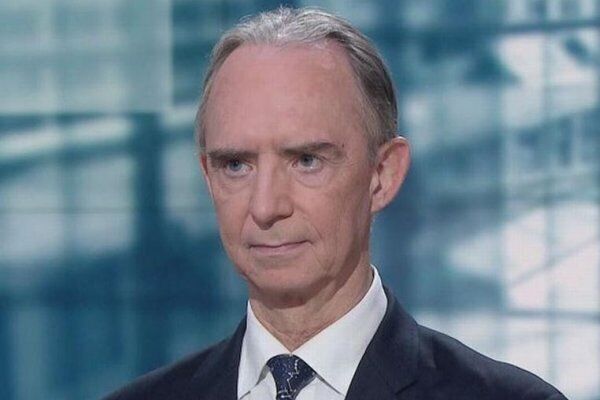




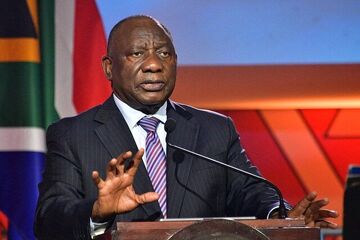


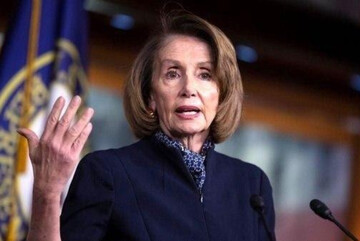
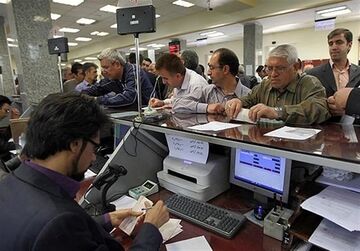




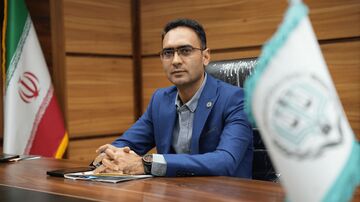
نظر شما